Tech
Sign up for our newsletter
We summarize the week's scientific breakthroughs every Thursday.
-
 Life
LifeEarwigs take origami to extremes to fold their wings
Stretchy joints let earwig wings flip quickly between folded and unfurled.
-
 Anthropology
AnthropologyReaders ponder children’s pretend play, planetary dust storms and more
Readers had questions about children’s fantasy play, lasers creating 3-D images and dust storms on Mars.
-
 Tech
TechFirst pedestrian death from a self-driving car fuels safety debate
A self-driving Uber kills woman in Arizona in the first fatal pedestrian strike by an autonomous car.
By Dan Garisto -
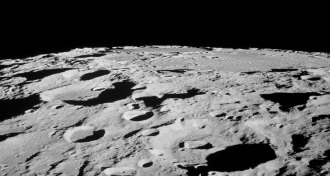 Artificial Intelligence
Artificial IntelligenceAI bests humans at mapping the moon
AI does a more thorough job of counting craters than humans.
-
 Tech
TechOn Twitter, the lure of fake news is stronger than the truth
An analysis of more than 4.5 million tweets discussing false and true stories reveals that in the Twittersphere, fake news gets more views.
-
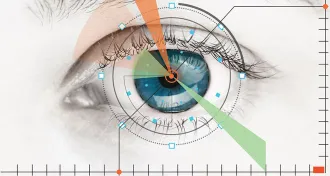 Artificial Intelligence
Artificial IntelligenceIn the future, an AI may diagnose eye problems
Artificial intelligence could help diagnose blinding eye diseases and other illnesses, speeding up medical care in areas where specialists might be scarce.
-
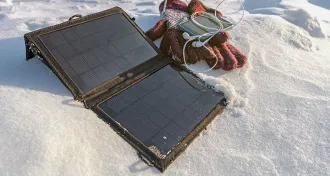 Chemistry
ChemistryExtreme cold is no match for a new battery
A rechargeable battery that works at –70° C could be used in some of the coldest places on Earth or other planets.
-
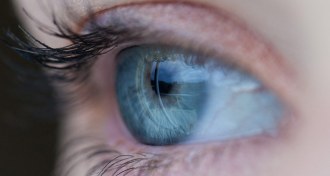 Life
LifeA fake organ mimics what happens in the blink of an eye
A newly crafted artificial eye could help researchers study treatments for dry eye disease and other ailments.
-
 Computing
ComputingAre computers better than people at predicting who will commit another crime?
If crime-predicting computer programs aren’t any more accurate than human guesswork, do they still have a place in the criminal justice system?
-
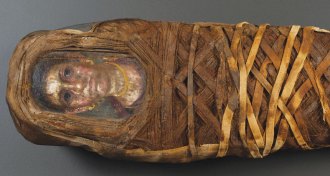 Archaeology
ArchaeologyModern tech unravels mysteries of Egyptian mummy portraits
A museum exhibit showcases what modern analytical tools can reveal about ancient Egyptian funerary portraits and mummies.
-
 Tech
TechMix of metals in this Picasso sculpture provides clues to its mysterious origins
The alloys used to cast Picasso’s bronze sculptures provide a valuable piece of the puzzle in reconstructing the histories of the works of art.
By Kate Travis -
 Tech
TechThis stick-on patch could keep tabs on stroke patients at home
New wearable electronics that monitor swallowing and speech could aid rehabilitation therapy for stroke patients.